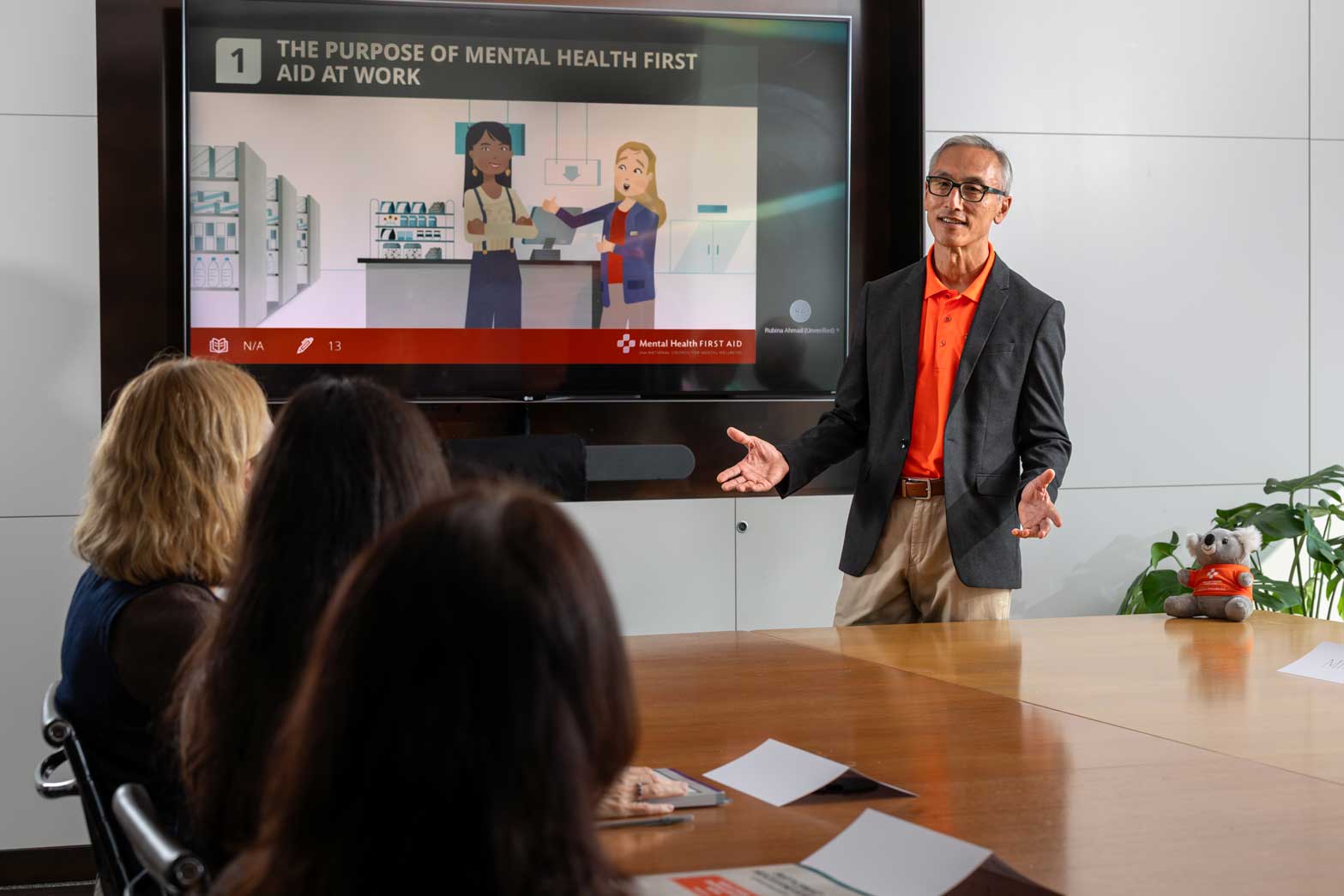When we think of police officers, our minds may jump to the physical tools resting on their toolbelts: tasers, handguns, handcuffs. What we don’t often think of are the tools that aren’t hanging from their waists – like the extensive training that has qualified them to become police officers in the first place. To better respond to calls that involve those living with mental health challenges, a Houston sheriff’s department is adding another tool to their toolbelt: iPads (“How iPads Changed a Police Force’s Response to Mental Illness, The Crime Report, March 6, 2018).
Why? Ten percent of 9-1-1 calls are related to mental health crises, and those calls often end in arrest. Jails have become the largest mental health facilities in the U.S., and people living with mental health challenges are far more likely to encounter police than a mental health professional during a crisis.
In hopes of curbing these numbers and addressing the larger issue surrounding mental health and the criminal justice system, the Harris County Sheriff’s Office in Houston, Texas recently equipped three officers with iPads so they could offer someone experiencing a mental health emergency the option of speaking with a psychiatrist via telepsychiatry.
These telepsychiatry appointments usually last around 20 minutes and are a prime example of how officers can successfully de-escalate crisis situations.
At the end of the telepsychiatry session, the psychiatrist makes a recommendation to both the person in crisis and the police officer. When necessary, medication is prescribed. If it is clear that this de-escalation technique has failed and the individual is still in crisis, the iPad’s technology can locate a nearby psychiatric facility that has a bed available.
“This enables police to get back to their beat faster, and enables individuals experiencing mental health episodes to avoid arrest,” said the program’s organizers.
Almost no one has refused a telepsychiatry evaluation since the pilot phase of the program began in December 2017.
Not only do programs like this help minimize the prevalence of mental illness in jails, they also cut down costs. It costs taxpayers approximately $45 billion each year to incarcerate people living with mental illnesses. By diverting people with mental illnesses away from jail, there is a lesser strain on both county and state budgets.
As the pilot phase of the iPad program continues to demonstrate success, phase two looms nearer. Expected to last six months, this next phase of the program’s rollout will equip twenty-five additional officers with tablets, increasing their reach ten-fold.
Collaboration between law enforcement agencies and mental health services providers is essential. When both the criminal justice and mental health systems work together, we see positive outcomes for all involved. To learn more about how law enforcement can make a difference in their communities, find a Mental Health First Aid for Public Safety course today.



